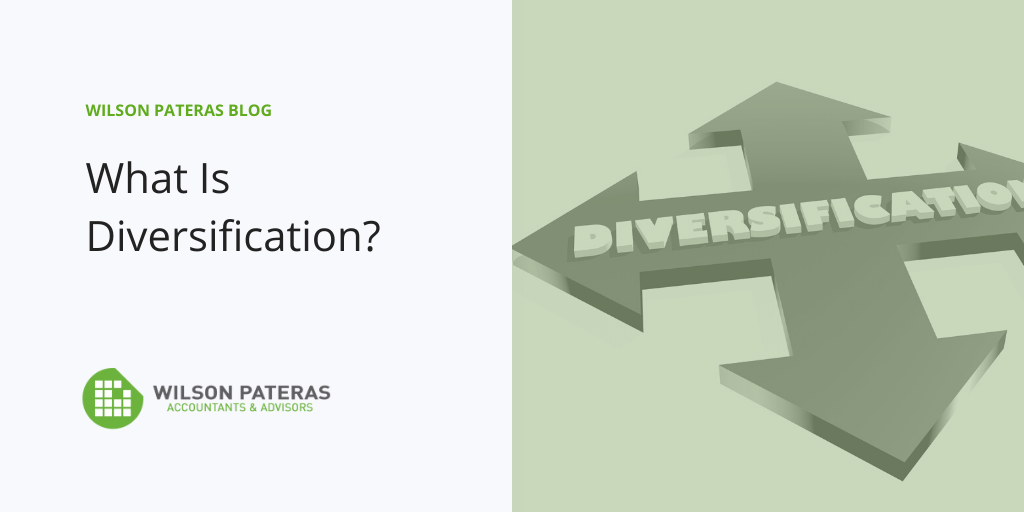
Diversification is one of the most important concepts in investment. It refers to the process of spreading investments across a variety of asset types in order to reduce risk. By doing so, you can minimise the risk of any one investment across your overall financial situation.
Types of asset types for diversification
These days, there is no shortage of assets you can invest in to diversify your portfolio. The most common asset types include stocks, bonds, real estate and commodities.
No matter how you choose to invest your money, it is important to remember that not all assets perform equally, or even well, all the time. The goal of diversification is that when an investment performs poorly, others can offset those losses.
Diversification is especially important for investors who are not willing to take significant financial risks. They can reduce the volatility of their portfolio and protect themselves from potentially large losses during tough economic times.
While diversification does offer some protection against risk, it is not a guarantee. There is no such thing as a ‘safe’ investment, and you could still lose money if you are not careful. That’s why it is important to do your research before investing in any type of asset and always consult with financial advisors if you are unsure.
Who is financial diversification suitable for?
Diversification is a good strategy for investors of all experience levels, but it is especially important for those who are new to the market. Financial diversification allows new investors to gain experience without placing themselves in a high risk position.
It is also a good idea for retirees and those who are nearing retirement. As people get older, they tend to become more conservative with their investments, and diversifying their finances can help them avoid any risk for the future.
Financial diversification is important for any investor who wishes to mitigate the risk they face, and especially important for investors desiring a stable rate of returns.
How do I start diversifying my portfolio?
If you are ready to start diversifying your portfolio, there are a few things you need to keep in mind. Firstly, try not to have too great a share of your portfolio invested in the one asset. It is important to have a balanced mix of assets so that you do not put all your eggs in one basket.
Secondly, we highly recommend not investing in something just because everyone else is doing it. Make sure you understand what you are buying and why. And lastly, we recommend consulting with a financial planner (like us) before making any major decisions about your money. We can help you create a plan that fits your specific needs and goals with less risk at hand.
The benefits of financial diversification
There are a number of benefits to financial diversification, including:
- Reduced Risk: Diversifying your investments spreads your risk across a variety of different asset types. This helps to reduce the overall risk associated with your portfolio.
- Increased Returns: Doing this also increases your chances of achieving higher returns. By investing in a variety of asset types, you can take advantage of different market conditions and maximise your overall return on investment.
- Increased Stability: Mixing up your investments also increases the stability of your portfolio. By putting your funds towards more than one channel, you minimise the impact of one dropping in value due to market fluctuations.
Final notes
Ultimately, financial diversification is one of the most important concepts in long-term growth. By diversifying your investments and understanding where the opportunities sit, you can effectively manage and mitigate risk. Doing so can help you increase returns, stability and peace of mind.
At Wilson Pateras, our financial advisers help our clients manage their portfolios and discover advantages for the future, including utilising diversification methods. If you are interested in learning more about this tactic, we are more than happy to answer any questions.
This is general advice only and does not take into account your financial circumstances, needs and objectives. Before making any decision based on this document, you should assess your own circumstances or seek advice from your financial adviser and seek tax advice from your accountants at Wilson Pateras Accountants & Advisors. Information is current at the date of issue and may change.





